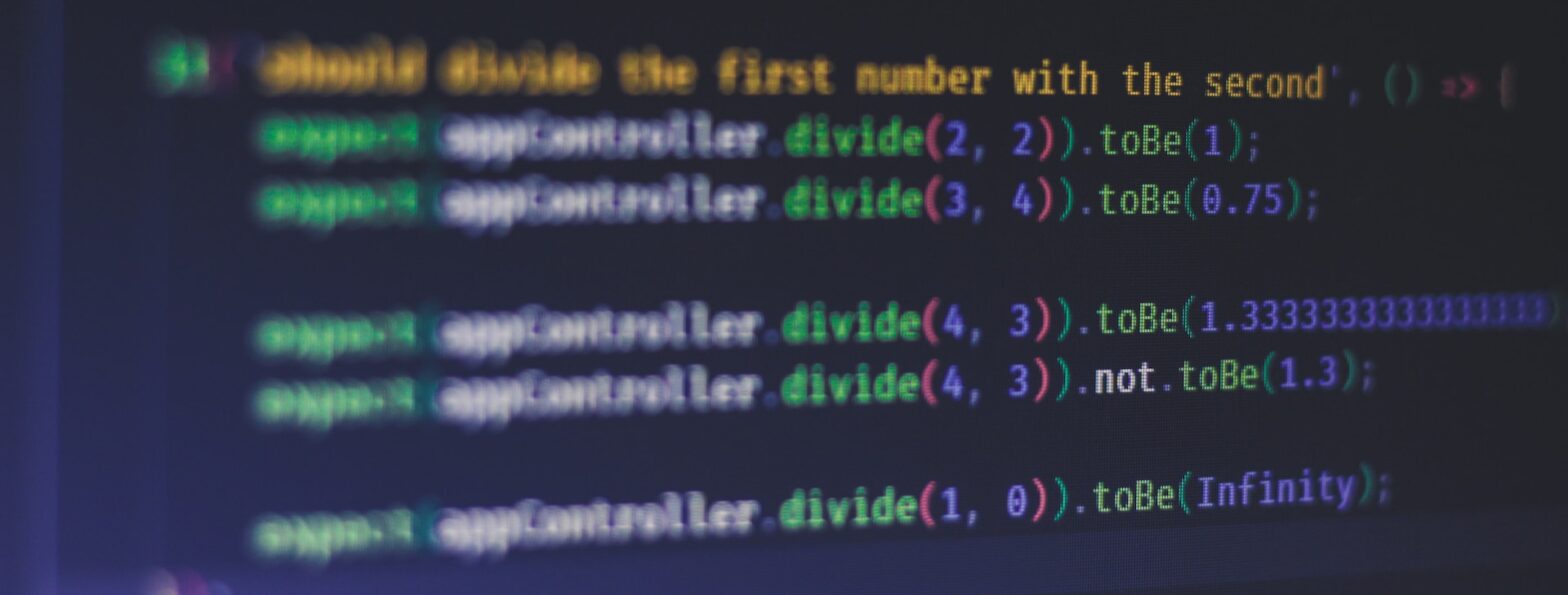Introduction
Unit testing is an essential practice for ensuring the quality and reliability of your code. In this comprehensive guide, we’ll explore how our PHP development team at Fuse Web uses Codeception, a powerful testing framework, to perform unit testing and maintain the highest standards for our clients’ applications.
What is Unit Testing?
Unit testing is a software testing technique in which individual units or components of an application are tested in isolation. The goal is to validate that each unit functions correctly and meets the expected requirements.
Why Use Codeception for PHP Unit Testing?
Codeception is a versatile testing framework for PHP that simplifies the process of writing and executing tests. It supports various testing methodologies, including unit, functional, and acceptance testing. Some benefits of using Codeception for unit testing include:
- Easy-to-write tests with a clean, intuitive syntax
- A wide range of built-in testing tools and utilities
- Seamless integration with popular PHP frameworks, such as Laravel and Symfony
Integrating Codeception with Popular PHP Frameworks
Codeception offers seamless integration with widely-used PHP frameworks such as Laravel and Symfony. This integration simplifies the testing process and allows you to leverage the features of these frameworks during testing.
Laravel Integration
To integrate Codeception with Laravel, follow these steps:
1. Install the Codeception Laravel module:
composer require "codeception/module-laravel5" --dev2. Enable the Laravel module in your codeception.yml file:
modules:
enabled:
- Laravel5:
environment_file: .env.testing
Symfony Integration
For Symfony integration, follow these steps:
1. Install the Codeception Symfony module:
composer require "codeception/module-symfony" --dev2. Enable the Symfony module in your codeception.yml file:
modules:
enabled:
- Symfony:
app_path: 'src'
var_path: 'var'
Using Codeception
3. Initialize Codeception in your project:
./vendor/bin/codecept init unit4. Write your first test in the tests/unit directory, following the naming convention YourClassNameTest.php.
Writing Unit Tests with Codeception
When writing unit tests using Codeception, you’ll typically follow these steps:
- Create a test class that extends
Codeception\Test\Unit. - Define any necessary properties and dependencies for your test class.
- Write test methods that cover individual units of your code.
- Use assertions to verify the expected outcomes.
Here’s an example of a simple unit test for a Calculator class:
<?php
use Codeception\Test\Unit;
use App\Calculator;
class CalculatorTest extends Unit
{
protected function _before()
{
$this->calculator = new Calculator();
}
public function testAddition()
{
$result = $this->calculator->add(2, 3);
$this->assertEquals(5, $result);
}
}Running Unit Tests with Codeception
To execute your unit tests with Codeception, run the following command:
./vendor/bin/codecept run unitCodeception will automatically discover and run all tests located in the tests/unit directory, providing a detailed report on the results.
Advanced Testing Techniques with Codeception
Codeception offers various advanced techniques for unit testing that enable more thorough testing of your application.
Data Providers
Data providers allow you to run the same test with multiple input values. To use data providers with Codeception, follow this example:
public function additionProvider()
{
return [
[1, 2, 3],
[4, 5, 9],
[6, 7, 13]
];
}
/**
* @dataProvider additionProvider
*/
public function testAddition($a, $b, $expected)
{
$result = $this->calculator->add($a, $b);
$this->assertEquals($expected, $result);
}
Mocking
Mocking is a technique that replaces dependencies with simulated objects. This allows you to isolate your code and test it without relying on external dependencies. Codeception has built-in support for PHPUnit’s mocking library. Here’s an example of mocking a dependency:
public function testSendMessage()
{
$message = 'Hello, World!';
$user = new User();
$mailer = $this->createMock(Mailer::class);
$mailer->expects($this->once())
->method('send')
->with($user, $message);
$user->sendMessage($mailer, $message);
}
Conclusion
By using Codeception for PHP unit testing, our development team at Fuse Web can ensure the highest level of code quality and reliability for our clients’ applications. This comprehensive testing framework offers a clean syntax, powerful tools, and seamless integration with popular PHP frameworks. Through the effective use of unit testing, we’re able to build reliable, robust, and maintainable applications that meet our clients’ needs.
Fuse web can help
Fuse Web has extensive experience in PHP development and architecture. Our team of experts has a deep understanding of the key strategies for building fast, stable, and scalable applications.
We can help companies with all these things by providing them with custom solutions to improve the performance and scalability of their PHP applications. Our team of experts can work closely with companies to understand their specific needs and develop a strategy that will help them achieve their goals. Whether you need help with database optimisation, caching, or load balancing, Fuse Web has the experience and expertise to help you succeed. Don’t hesitate, contact us now to see how we can help.
Related content
-
Excelling in Client Satisfaction: How Our PHP Development Company Harnesses Active Listening to Deliver Outstanding Results
In the world of software development, the success of a company hinges heavily upon its ability to understand and meet the needs of its clients. As the tech industry continues…
-
The Triumphs and Challenges of 20 Years in PHP Development: Building Scalable Websites and Lessons Learned
Over the past 20 years, we have been at the forefront of PHP development, creating high-performance and scalable websites for clients across various industries. As we celebrate this milestone, we…
-
Mastering PHP Performance Optimisation: A Dive into Profiling Techniques and Tools
In this blog post, we’ll cover various techniques for optimising the performance of PHP applications, including benchmarking, profiling, opcode caching, and database optimisation. What is Benchmarking? Benchmarking is the process…
-
Scaling PHP Applications: Strategies for Handling High Traffic and Large Data Sets
As your PHP application grows in popularity and usage, it’s important to make sure it can handle the increased traffic and data volume. Scaling is the process of making your…
-
Top PHP Frameworks to Watch in 2023: A Comparison of Laravel, Symfony, CodeIgniter and More
Sometimes it might feel like there are too many PHP Frameworks to help you build your next big project in. This guide aims to help you understand the similarities and,…
